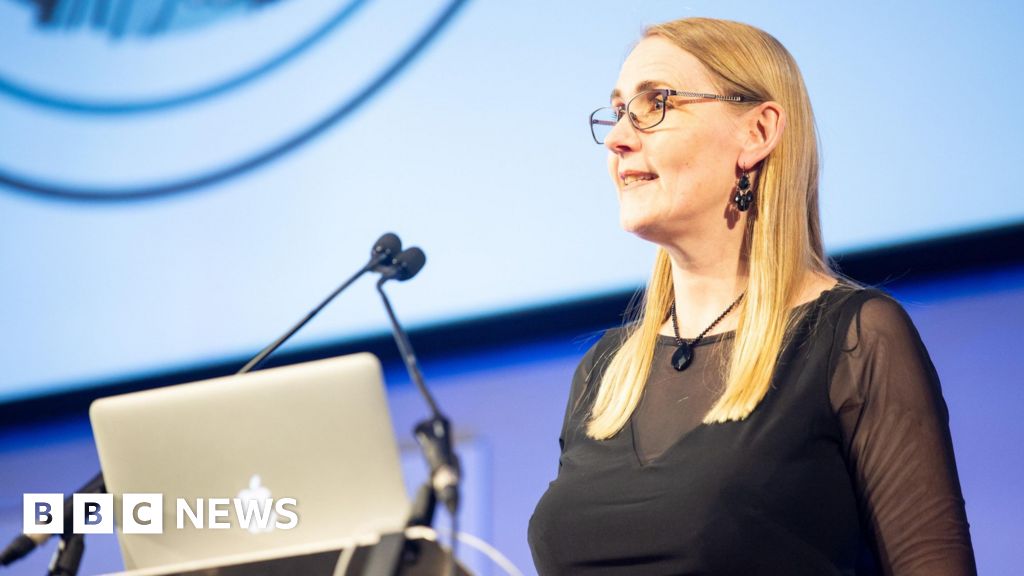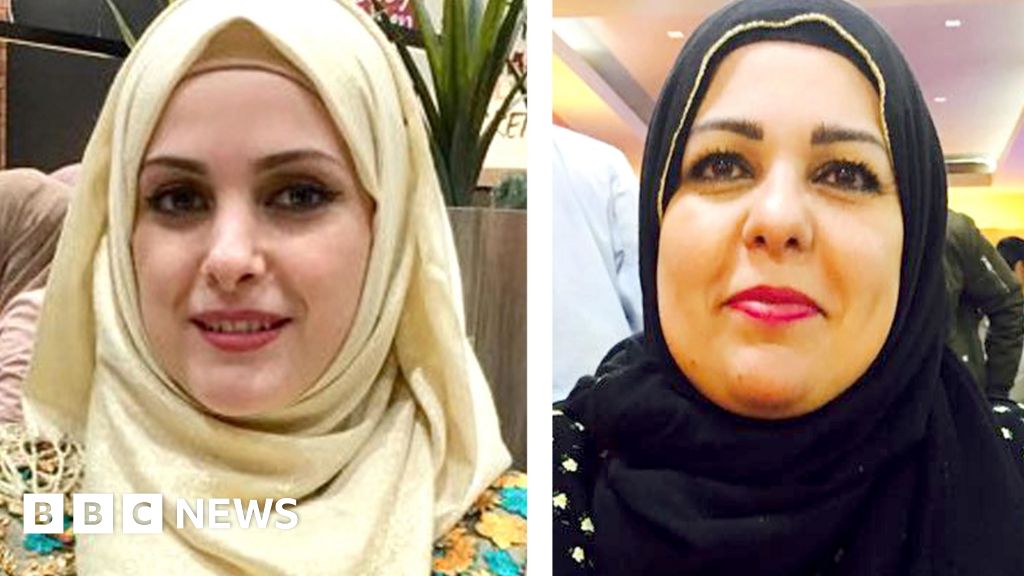- Technology Policy
Emaciated after 5 years in prison, Belarusian dissident Tsikhanouski vows to fight on
时间:2010-12-5 17:23:32 作者:Music 来源:Fashion 查看: 评论:0内容摘要:“I think it’s fair to say even Dom didn’t yet know what he would do exactly in those chapters,” Watts said.“I think it’s fair to say even Dom didn’t yet know what he would do exactly in those chapters,” Watts said.
for working with philanthropies, a list of supporters and funded coverage areas atMELBOURNE, Australia (AP) — Australian comedian and actor Magda Szubanski, best known for roles in the television sitcom “Kath and Kim” and the movie “Babe,” announced on Thursday she had been diagnosed with a rare and aggressive form of blood cancer.

The 64-year-old Melbourne resident posted on social media that she had started treatment for stage four, which she described as a “rare and fast-moving blood cancer.”“It’s serious, but I’ve started one of the best treatments available (the Nordic protocol), and I’m lucky to be getting absolutely world-class care here in Melbourne,” Szubanski posted.

“I won’t sugar-coat it: it’s rough. But I’m hopeful. I’m being lovingly cared for by friends and family, my medical team is brilliant, and I’ve never felt more held by the people around me,” she added.Szubanski said that she had shaved her head before appearing in a video “in anticipation of it all falling out in a couple of weeks.” That was an apparent reference to undergoing chemotherapy.

Szubanski received international acclaim for her role as the farmer’s wife Esme Hoggett in the 1995 movie “Babe.” The movie that tells the story of a pig that wants the job of a sheepdog was nominated for seven Academy Awards.
Szubanski reprised the role in the 1998 sequel: “Babe: Pig in the City.”In the U.S., newborns are screened for treatable genetic conditions. In Senegal, newborn screening is not routine. Infants who appear healthy at birth might go undiagnosed and experience irreversible decline. Glutaric acidemia type I, for example, can cause brain damage, seizures, coma and early death.
Sané is waiting for genetic testing results for Aissata’s one-year-old sister Aminata. Patients can live long, healthy lives if they start treatment before the onset of symptoms. That includes following a strict diet, avoiding protein-rich foods like nuts, fish and meat and taking the supplement L-carnitine. Though consultation with Rodriguez was free, lifelong treatment is not. If Aminata shares her sister’s disease, Sané will need government assistance to buy medication.Prof. Moustapha Ndiaye, head of the neurology department at Fann, hopes young physicians will graduate prepared to assist rare disease patients not just in Senegal but in other African countries.
“Students travel from across Africa to study here,” Ndiaye said.At the start of her career, Dr. Henriette Senghor saw patients who were hospitalized for months. Some died, and no one knew why.
- 最近更新
- 2025-07-07 08:33:1715 Summer Flowers That Practically Grow Themselves
- 2025-07-07 08:33:17Trump says he doesn’t care if US, Iran sign a nuclear agreement
- 2025-07-07 08:33:17Pit Bull Mix's Haunting Way of Accepting Treats From Dad Has People Feeling Uneasy
- 2025-07-07 08:33:17I've traveled around the world, but this lively city in Mexico stole my heart
- 2025-07-07 08:33:17Best Celebrity Red Carpet Style Photos: Updated Daily
- 2025-07-07 08:33:17The ‘12-Day War’ ended with an attack on Qatar. Why didn’t it escalate?
- 2025-07-07 08:33:17Great Dane Who 'Thinks He's a Goat' Has Everyone in Stitches
- 2025-07-07 08:33:17The ‘12-Day War’ ended with an attack on Qatar. Why didn’t it escalate?
- 热门排行
- 2025-07-07 08:33:17deadliest plane crash in the U.S
- 2025-07-07 08:33:17Four Palestinians killed in occupied West Bank by settlers, Israeli troops
- 2025-07-07 08:33:17Tariffs on Canada and Mexico Could Raise Car Insurance
- 2025-07-07 08:33:17Why the Food on Castaway Cay Is a Disney Cruise Favorite
- 2025-07-07 08:33:17Interest from bonds and bond funds
- 2025-07-07 08:33:17Your June Horoscope Is Transformative and 3 Zodiac Signs Are Completely Starting Over
- 2025-07-07 08:33:17When to refinance your mortgage: 4 key times when refinancing can make sense
- 2025-07-07 08:33:17Iran moves to punish ‘spying’ as it proclaims victory over Israel, US
- 友情链接
- Video: Malaysia calls for expanded Myanmar ceasefire at ASEAN Summit Ronaldo set to leave Al Nassr: What’s next, can he play in Club World Cup? SpaceX’s Starship test flight loses control 30 minutes after launch The US has $36 trillion in debt. What does that mean, and who owns it? In rural Pakistan, bull racing draws crowd in cricket-loving nation Russia-Ukraine war: List of key events, day 1,189 Biden’s prostate cancer: What happened, how serious is Gleason score 9? A pontiff from Chiclayo: How Peru is reacting to Pope Leo XIV Week in Pictures: From fatal US plane crash to Russia’s prisoner exchange What is the Golden Dome defence system Trump announced? UN Security Council must renew the arms embargo on South Sudan US Steel shares soar on Trump’s apparent blessing for deal with Nippon What is famine, and why is Gaza at risk of reaching it soon? Pakistan promotes army chief Asim Munir to field marshal: Why it matters Democracy in East Africa is retreating. Here is how it can be saved Key takeaways from King Charles’s ‘Speech from the Throne’ in Canada Pakistan police bus bombing kills three Drone war, ground offensive continue despite new Russia-Ukraine peace push ‘Betrayal’ or ‘win-win’?: Britain’s EU deal reopens old wounds Could AI help elderly people and refugees reconstruct unrecorded pasts? Mining sector in Africa suffers from “colonial model” Trump visits the Middle East: All the countries visited by US presidents Trump rows back tariff threat to agree EU trade-talk extension Foreign journalists must not abandon their Palestinian colleagues in Gaza Nepali breaks world record with 31st summit of Mount Everest ‘Refuge to all African Americans’ – What Ramaphosa should have told Trump Russia-Ukraine war: List of key events, day 1,189 Chaotic arrest of Venezuelan migrant in New Hampshire Lahore Qalandars beat Quetta Gladiators by six wickets for third PSL trophy Thunder-Timberwolves: SGA scores 40 as OKC win Game 4 in NBA West finals
